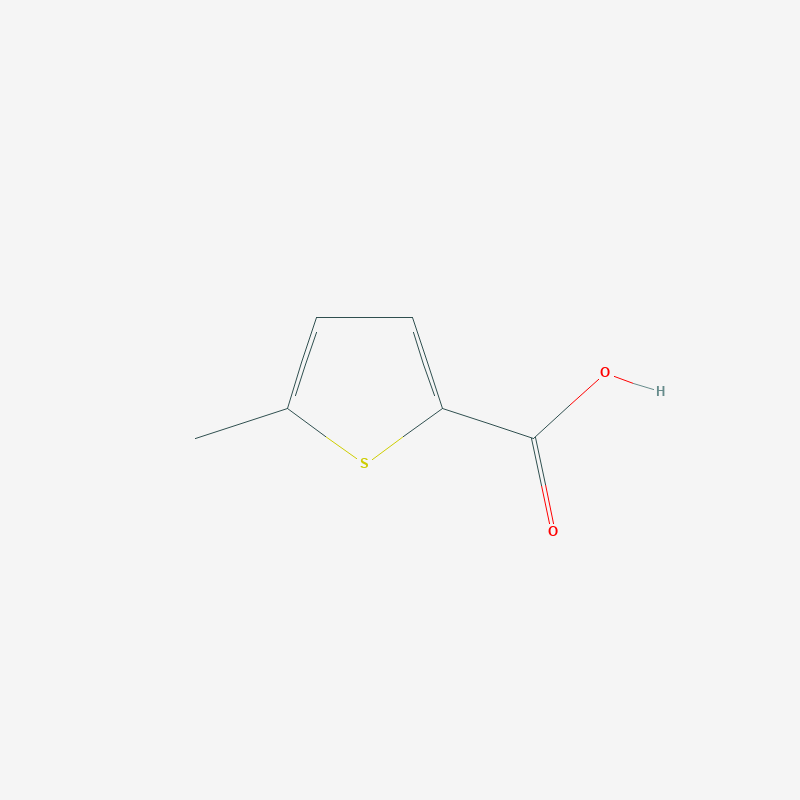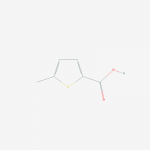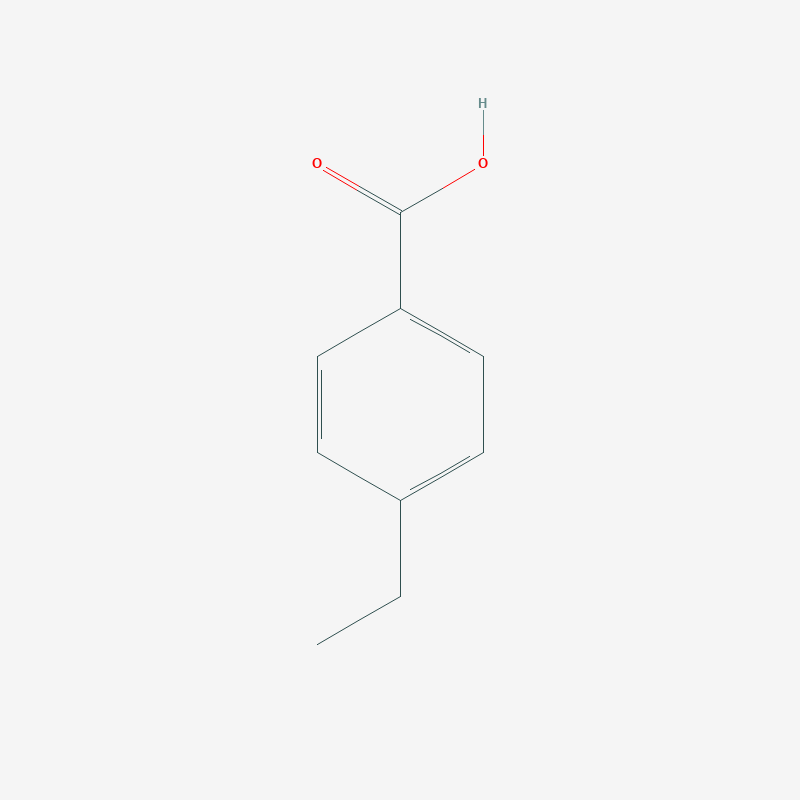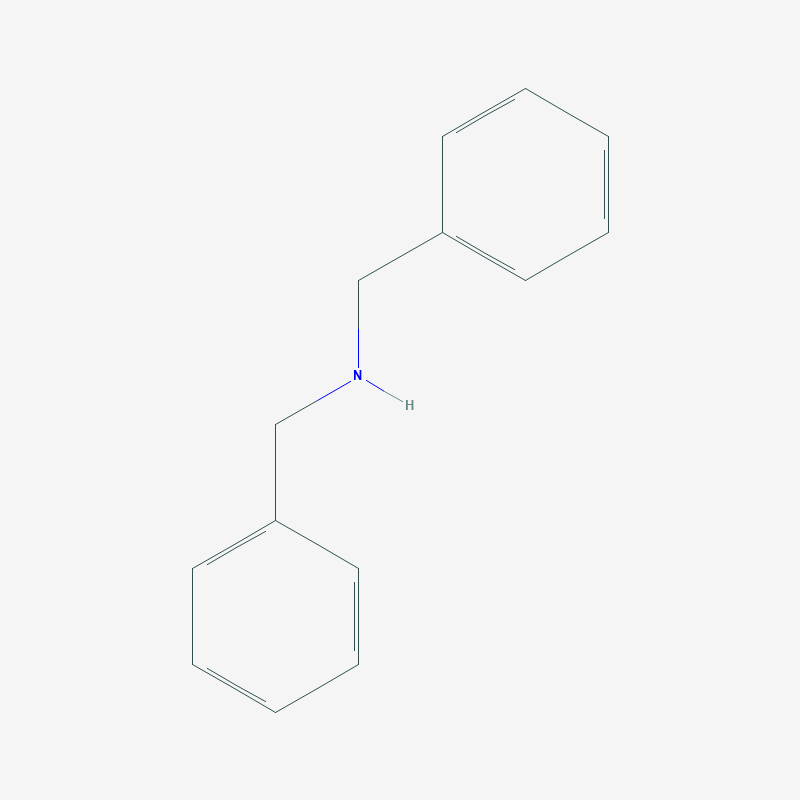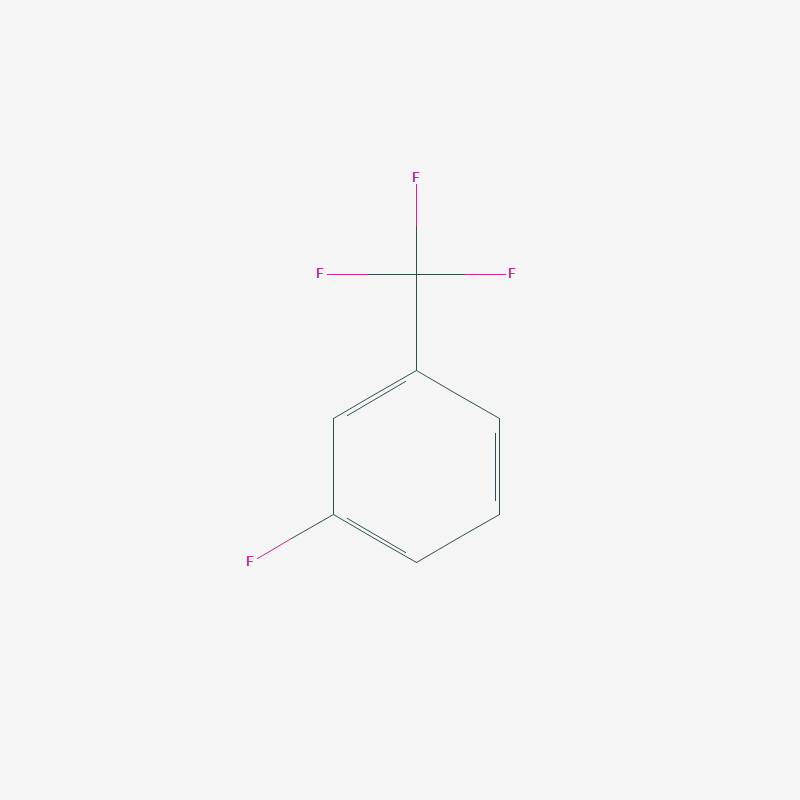| Purity / Analysis Method | >98.0%(GC)(T) |
| Molecular Formula / Molecular Weight | C__6H__6O__2S = 142.17 |
| Physical State (20 deg.C) | Solid |
| CAS RN | 1918-79-2 |
| PubChem Substance ID | 87573083 |
| MDL Number | MFCD00005439 |
5-Methyl-2-thiophenecarboxylic acid
Purity : >98.0%(GC)(T)
CAS No.: 1918-79-2
EC No.: 217-640-3
EC Name: 5-methylthiophene-2-carboxylic acid
ECHA Name: 5-methylthiophene-2-carboxylic acid
Synonyms:
1918-79-2
5-Methylthiophene-2-carboxylic acid
5-METHYL-2-THIOPHENECARBOXYLIC ACID
2-Thiophenecarboxylic acid, 5-methyl-
5-Methyl-2-thenoic Acid
Enquire For Best Price
For all our chemicals TDS, MSDS and CoA are available upon request
Specification & Properties
Specifications:
| Appearance | White to Light yellow to Dark green powder to crystal |
| Purity(GC) | min. 98.0 % |
| Purity(Neutralization titration) | min. 98.0 % |
| Melting point | 135.0 to 139.0 deg.C |
Properties:
| Melting Point | 137 deg.C |
Safety & Regulations
Safety Information:
| Chemical Safety |
| Signal Word | Warning |
| Hazard Statements | H315 : Causes skin irritation. H319 : Causes serious eye irritation. |
| Precautionary Statements | P264 : Wash skin thoroughly after handling. P280 : Wear protective gloves/ eye protection/ face protection. P302 + P352 : IF ON SKIN: Wash with plenty of water. P337 + P313 : If eye irritation persists: Get medical advice/ attention. P305 + P351 + P338 : IF IN EYES: Rinse cautiously with water for several minutes. Remove contact lenses, if present and easy to do. Continue rinsing. P362 + P364 : Take off contaminated clothing and wash it before reuse. P332 + P313 : If skin irritation occurs: Get medical advice/ attention. |
Related Laws:
Transport Information:
Hazard Classification:
Warning!
According to the classification provided by companies to ECHA in CLP notifications this substance
causes serious eye irritation,
is harmful if swallowed,
causes skin irritation and
may cause respiratory irritation.
